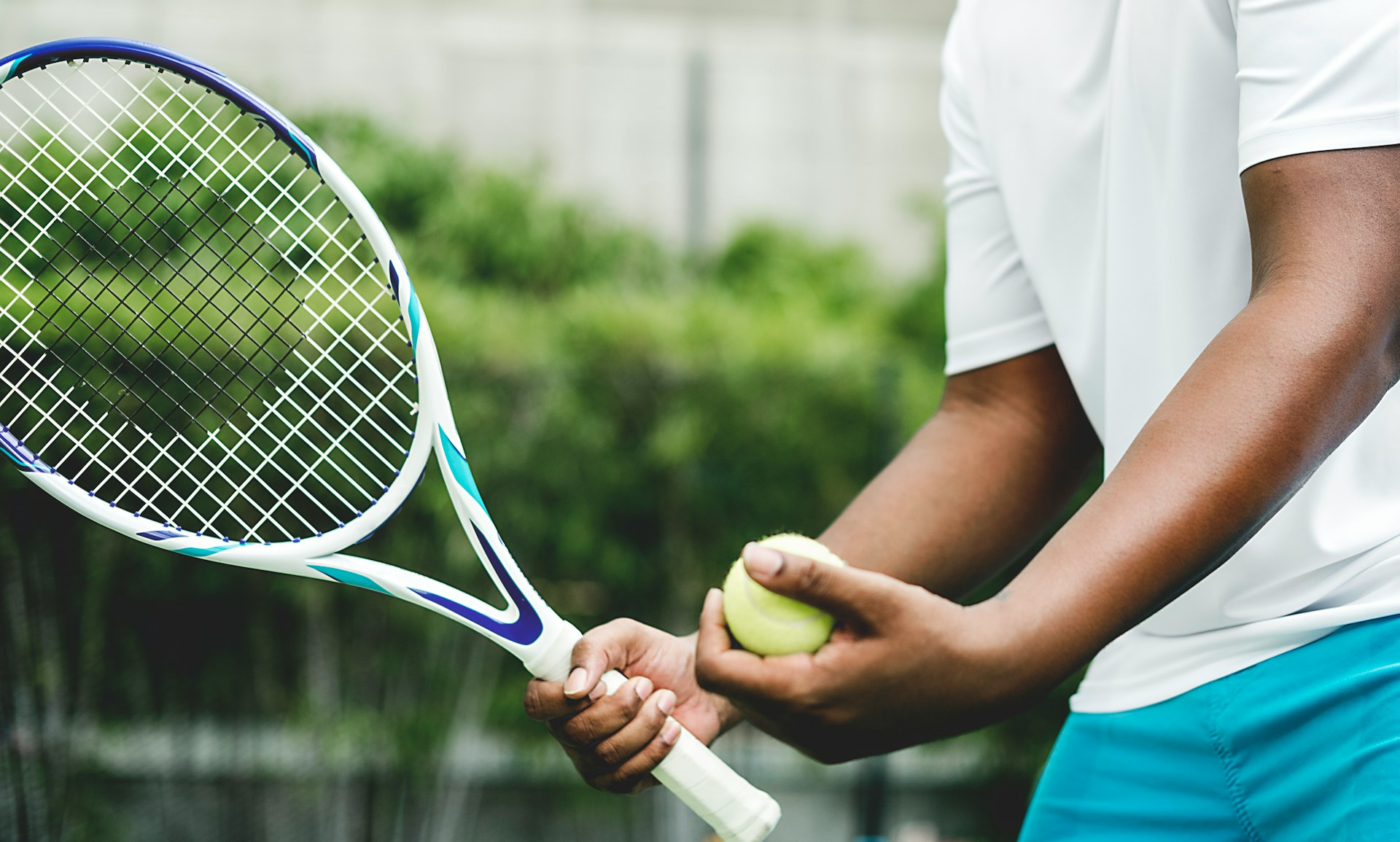
Tennis is often viewed as a sport of speed, precision, and stamina. While physical conditioning is crucial, the mental aspect of the game usually determines the outcome of a victory. From intense rallies to pressure-packed tie-breakers, tennis players must master not only their bodies but also their minds. The world’s top athletes understand that training beyond the court—through focus, mindfulness, and resilience—provides the winning edge that separates champions from competitors.
Tennis as a Mental Marathon
Unlike many sports, tennis offers no teammates to share the burden. Each point rests squarely on the player’s shoulders. Matches can stretch over several hours, testing patience and concentration. Players must contend with unpredictable factors, including weather, crowd noise, and umpire decisions. These pressures create a mental marathon where endurance, confidence, and adaptability are as important as physical skill. For professionals, mental preparation is a vital part of training, often equal to or greater than time spent perfecting technique.
Visualization: Practicing Victories in the Mind
Visualization is one of the most powerful tools in a tennis player’s mental training arsenal. Before stepping onto the court, athletes imagine successful serves, strong rallies, and match-winning points. This process activates the same neural pathways used during actual play, reinforcing confidence and readiness. Visualization prepares players for high-stakes moments, reducing anxiety and creating a sense of familiarity, even in unfamiliar situations.
Mindfulness and Meditation: Staying Present
In a sport where momentum shifts quickly, staying in the moment is essential. Mindfulness techniques, such as meditation and controlled breathing, help players block out distractions and reset after mistakes. Novak Djokovic, for example, has credited mindfulness practices with improving his focus and emotional balance. By training their minds to remain present, players avoid dwelling on past errors or worrying about future outcomes, focusing instead on the next point.
Managing Stress and Pressure
Tennis is full of high-pressure moments: break points, championship matches, and roaring crowds. Learning to manage stress effectively can mean the difference between winning and losing. Top players use self-talk, routines, and rituals to maintain composure. Simple actions—such as bouncing the ball before a serve or taking deliberate breaths—become anchors that help reduce stress. These small but consistent habits foster mental stability, enabling players to perform at their best even under intense pressure.
Sports Psychology and Coaching Support
Sports psychology has become a cornerstone of modern tennis training. Many professionals work with sports psychologists to strengthen focus, build confidence, and address mental barriers. Techniques such as cognitive behavioral therapy (CBT), journaling, and goal setting help athletes overcome self-doubt and maintain resilience. This mental coaching is as structured and intentional as physical training, underscoring its importance in professional success.
Building Resilience: Bouncing Back from Defeat
Every tennis player experiences losses, but champions treat defeat as a stepping stone. Resilience is the ability to learn from setbacks without losing confidence or self-doubt. Elite athletes review their matches, identify weaknesses, and use losses as opportunities for growth. Serena Williams, for example, often spoke about turning disappointment into motivation. This mindset enables players to remain focused on long-term goals, rather than being discouraged by short-term failures.
Focus and Concentration: Point by Point
Tennis requires players to sustain intense concentration for long periods. Even a brief lapse in focus can shift momentum. Champions train themselves to think one point at a time, avoiding the trap of looking too far ahead. Drills that simulate distractions, visualization exercises, and focus routines help build concentration skills. By training to maintain sharp mental focus, players are better equipped to handle the unpredictable nature of competition.
Confidence Through Positive Self-Talk
Confidence is a cornerstone of peak performance in tennis. Players build this through preparation and self-belief. Positive self-talk—repeating affirmations like “stay aggressive” or “I can win this point”—reinforces confidence and helps counter negative thoughts. Even in moments of struggle, maintaining belief often leads to remarkable comebacks. Confidence is not just about winning; it’s about trusting the preparation and mental training that support consistent performance.
Recovery and Mental Reset
Mental training doesn’t stop when players leave the court. Recovery strategies are critical to long-term performance. Athletes practice relaxation techniques, journaling, and visualization to reset their minds between matches. Rest and reflection prevent burnout, keeping players mentally fresh for future challenges. Balancing intensity with recovery ensures sustained focus and energy throughout grueling seasons.
Winning the Inner Game
While physical ability sets the stage, the mental game often decides the outcome in tennis. From visualization and mindfulness to resilience and confidence, elite players train their minds with the same dedication they give their bodies. These techniques help them stay focused, manage stress, and perform under pressure. For weekend players and aspiring athletes alike, incorporating mental training can improve not just performance on the court but also focus and resilience in everyday life. Tennis, after all, is as much about mastering the mind as it is about learning the ball.